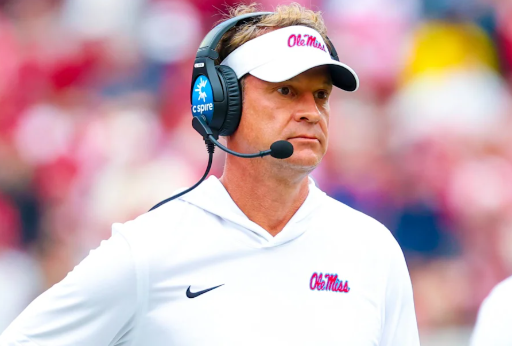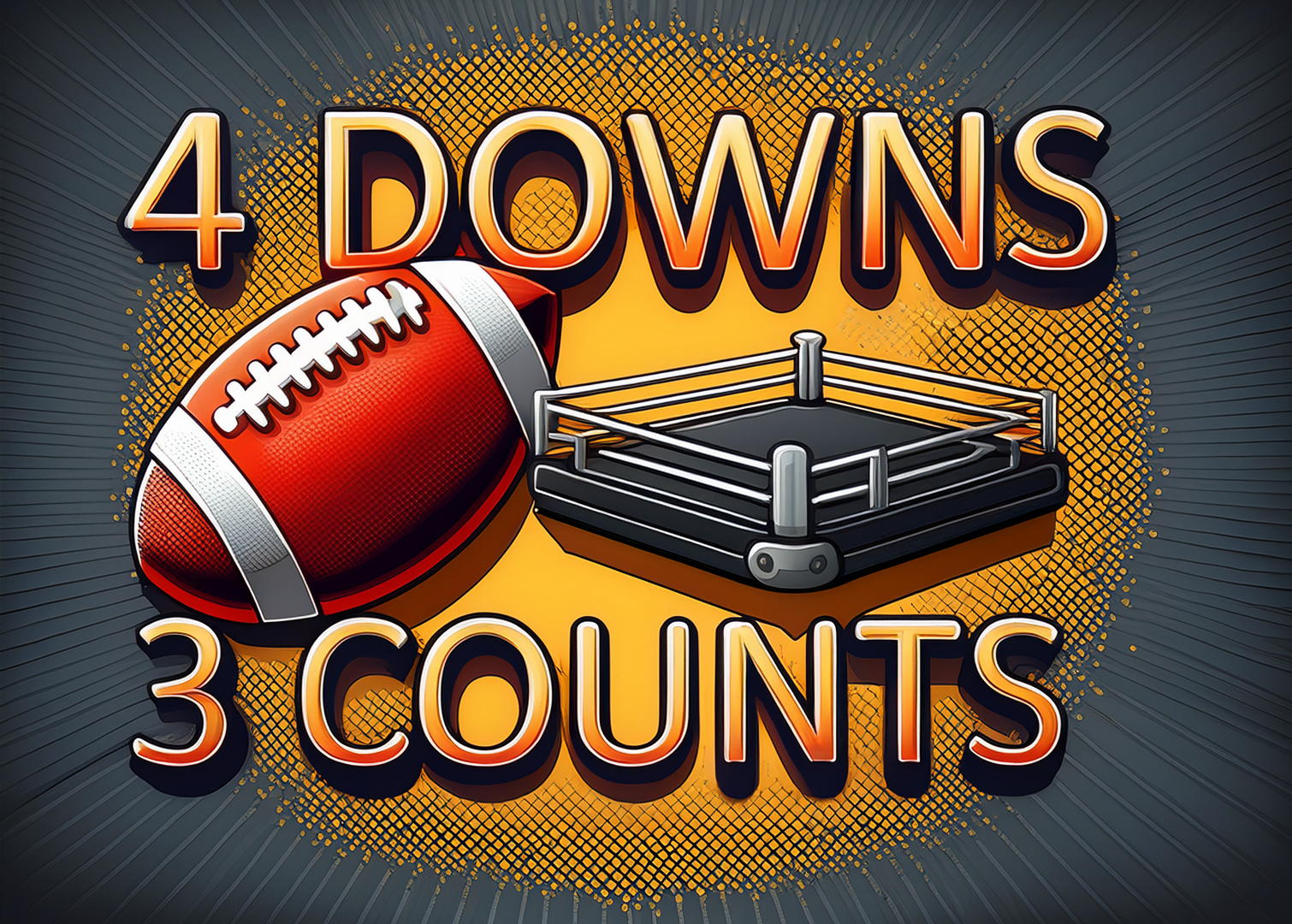Lane Kiffin Denies Ole Miss ‘Ultimatum’ — But the Coaching Carousel Still Needs Serious Reform

By Ovi Muniz
Rumors exploded across the college football world when reports surfaced claiming Ole Miss head coach Lane Kiffin had been given an ultimatum: decide his future before the Egg Bowl or risk losing control of the Rebels' long-term direction. But Kiffin quickly shut that down.
Speaking to the media, Kiffin called the rumor "absolutely not true… there's been no ultimatum, anything like that at all." He emphasized that he and his team are "having a blast" and that he loves being at Ole Miss.
Still, multiple outlets reported that university officials—especially Athletic Director Keith Carter—were seeking clarity from Kiffin and his agent, Jimmy Sexton, due to the potential postseason implications and rising interest from other SEC programs. LSU and Florida, both facing instability, reportedly view Kiffin as their top target.
Meanwhile, Ole Miss sits in playoff contention with a strong 10–1 record. With so much promising momentum, speculation about a mid-season coaching move is raising questions across the SEC, among fans, and most importantly, within the locker room.
Why Target Lane Kiffin Now?
Lane Kiffin is already in the SEC. He's built a winner. Ole Miss is in the playoff conversation. So why now?
Programs like LSU and Florida see Kiffin as the perfect fit:
-
He already understands the SEC landscape.
-
He consistently fields competitive teams.
-
He recruits at a high level.
-
He's proven he can rebuild and elevate programs quickly.
From their perspective, targeting him makes sense. But from a competitive standpoint—and from a student-athlete standpoint—the timing could not be worse.
The Real Issue: The Coaching Carousel Is Out of Control
Regardless of whether Kiffin actually received an ultimatum, this situation exposes a deeper problem in college football:
The NCAA allows coaching negotiations to take place during the season.
This creates chaos for everyone involved:
-
Coaches get distracted.
-
Teams lose focus.
-
Athletes become unsure about their future.
-
Recruiting and game prep suffer.
-
Rumors overshadow on-field performance.
At the same time, student-athletes are held to strict timelines and regulations the coaches themselves do not have to follow.
That imbalance is unacceptable.
The Transfer Portal Window Makes It Worse
Beginning in the 2026 season, athletes have only one transfer window:
January 2 – January 16, 2026
(Spring transfer windows have been eliminated.)
That means if a coach leaves late in the season or after a postseason run:
-
Athletes have limited time to react.
-
Players may feel pressured to transfer quickly without adequate information.
-
Incoming recruits face sudden instability.
-
Returning players could lose position coaches, coordinators, or offensive/defensive schemes with no warning.
Meanwhile, athletic directors and university presidents continue interviewing and negotiating with coaches at any time—even while athletes are preparing for crucial games.
How is that fair?
A Needed Rule Change: ADs Should Not Contact Coaches During the Season
I propose an important and logical idea:
The NCAA should implement a rule preventing athletic directors from communicating with or interviewing head coaches during the season.
Just like how players must respect strict eligibility rules, coach-recruit contact calendars, and transfer deadlines, administrators should follow a defined structure when searching for new coaches.
A mid-season coaching carousel hurts:
-
Competitive integrity
-
Athlete preparation
-
Team morale
-
Postseason performance
-
Recruiting stability
A uniform "No Contact During Season" policy—or even a designated coaching-search window—would bring fairness, structure, and consistency to a system that is currently chaotic and exploitative.
A Proposed Coaching-Search Timeline
To protect athletes and stabilize programs, the NCAA should consider:
1. A Coaching Quiet Period (Start of Season → End of Regular Season)
No interviews, no negotiations, no formal communication—unless the coach is being fired or resigns voluntarily.
2. A Post-Season Search Window
Athletic directors may begin interviewing and offering positions only after:
-
The regular season ends, or
-
A team is eliminated from postseason play.
3. Athlete Protections if a Coach Leaves Late
If a coach departs after the postseason:
-
Players receive an extended transfer-portal window.
-
Recruits may re-open their commitments without penalty.
-
Roster continuity is preserved through guaranteed transition resources.
This system would align the interests of coaches, players, and institutions—something the current model fails to do.
Why This Matters Now
The Kiffin-Ole Miss situation is the latest example of how messy, distracting, and destabilizing mid-season coaching rumors can be.
Even if Kiffin stays, the damage is done:
-
Players had to answer questions about their coach's future.
-
Recruiters from rival programs pounced on uncertainty.
-
Media speculation overshadowed Ole Miss's on-field achievements.
-
Fans and families were left confused and frustrated.
Multiply this by 20 programs and you get a chaotic environment that undermines the values of stability, development, and competitiveness colleges claim to uphold.
Final Thoughts: The NCAA Must Do Better
Whether the ultimatum story was true or not, one thing is clear:
The coaching carousel is broken.
College football cannot continue allowing coaching negotiations during the season while demanding rigid structure and discipline from student-athletes.
Lane Kiffin's situation illustrates the imbalance perfectly. With transfer windows tightening and the postseason expanding, stability matters more than ever.
The NCAA must create a fair, transparent timeline for hiring coaches—one that protects players, reduces distractions, and preserves the integrity of the season.
Because at the end of the day, coaching rumors shouldn't overshadow the student-athletes who work every day to compete, win, and represent their programs with pride.
